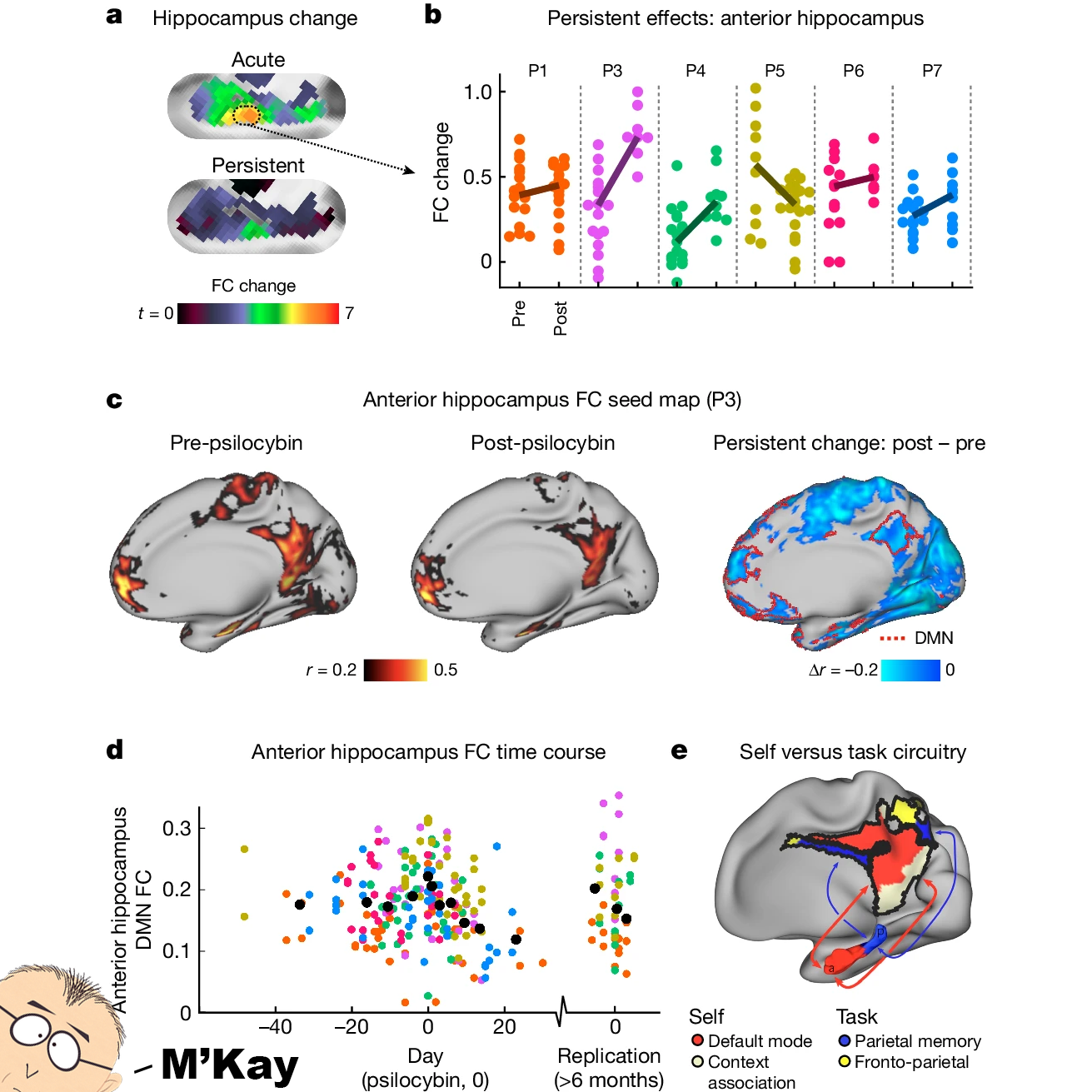Need to reset your brain? It might be time to go on a trip
Mr. Mackey always told us that, “Drugs are bad.” But sometimes they’re just misunderstood.

Mr. Mackey always told us that, “Drugs are bad.” But sometimes they’re just misunderstood.
This is especially true when it comes to psychedelics and their therapeutic effects on the brain.
While many of these drugs have been vilified for their recreational use, there’s renewed interest in exploring the benefits of drugs like MDMA, LSD and psilocybin.
All of these drugs have been implicated in disrupting brain circuits which promote the feelings experienced during a psychedelic ‘trip.’
These can include visual alterations, changing colors or geometries, and even complex hallucinations of people, animals or environments.
What a user experiences during these trips can be highly dependent on their mood, where they are physically located, and their personality.
Users have described them as life altering and some emerge with a new sense of self.
And this is why psychedelics have been explored for therapeutic uses as a way to treat things like addiction, depression and post traumatic stress disorder.
But what happens on the molecular level during these events and how those changes affect the connections between neurons is largely unknown.
Psychedelics have been shown to activate the serotonin 2A (5-HT2A) receptor and alter how neurons communicate with one another by promoting the creation of new synapses in the medial frontal lobe and anterior hippocampus.
These changes in the hippocampus are thought to be what has the greatest therapeutic effect in depression because this is the region that influences a person’s sense of self.
Unfortunately, most of this work has been done in mice, and the specific effects of these drugs on human brains has not been studied in detail.
The authors of today’s paper were looking to change that and used functional magnetic resonance imaging (fMRI) to scan the brains of 7 participants who were given high doses of psilocybin.
Psilocybin caused widespread changes in brain connectivity (FC) across the cerebral cortex (the outer layer) and significantly increased desynchronization of brain activity.
But the most interesting result can be seen in the figure above where a persistent effect was observed in the anterior hippocampus a) at psilocybin dosing (acute) and 3 weeks later (persistent). b) Changes were seen in all 7 participants. c,d) There was reduced connectivity between the hippocampus and the default mode network (DMN - regions involved subconscious activities and strongly linked to depression) e) A model of hippocampal and DMN circuits.
Or, TL; DR...psilocybin is able to disrupt key brain circuits involved in depression and this explains why it and other psychedelics promote lasting effects in depressed brains.
This could lead to tailored therapeutic programs that prescribe psychedelics based on brain activity pre- and post- treatment.
Maybe drugs aren't so bad.

